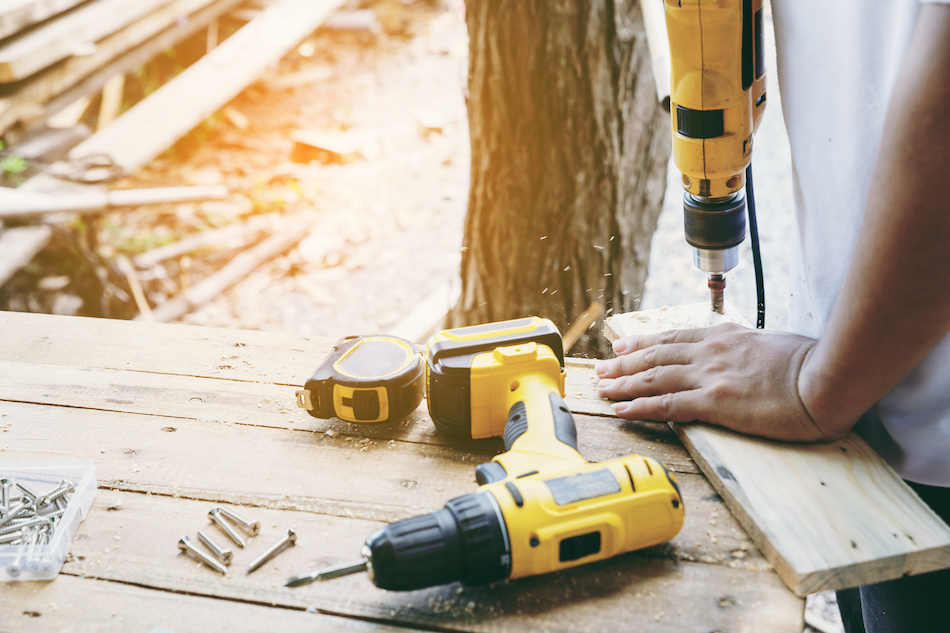When to Call a Professional and When to DIY
Posted by Justin Havre on Friday, February 9th, 2018 at 7:40am.
 The allure of do it yourself home improvement can be a powerful one. It calls to homeowners in a primal way, beckoning them to save money while bonding with their property. But DIY projects for home improvements have another side to them that may not only cost more money to complete but may be more than a homeowner can handle. Before checking YouTube for tips, use these basic criteria to decide on a strategy.
The allure of do it yourself home improvement can be a powerful one. It calls to homeowners in a primal way, beckoning them to save money while bonding with their property. But DIY projects for home improvements have another side to them that may not only cost more money to complete but may be more than a homeowner can handle. Before checking YouTube for tips, use these basic criteria to decide on a strategy.
Understand All Local Regulations
Every province in Canada has their own view on just how much control a homeowner has over their property, and it's important to understand these regulations. These regulations are enforced because no homeowner lives in a bubble, and their mistakes can have a major impact on the neighborhood. For example, an underground leak can go undetected for years until it causes damage to everyone on the block. Checking with local authorities will give a homeowner a sense of what can and can't be done. Some repairs may need a simple permit, while others may need an approved engineer or professional to complete the project.
Prepare For Physical Safety
Gas pipes that leak, garage door springs that snap and dysfunctional wiring are all components of a home that can cause major injury. Homeowners who want to learn basic handymen skills are to be commended for their efforts, but they also need to be cautious about overestimating their skills. Many home improvements require a huge initial time investment to learn even the most fundamental aspects of a home's major systems; at the same time, with proper safety, there are some home improvement projects homeowners can do themselves. Because every home is different, however, it can be difficult to count on general tutorials as a way of lessening the safety threats.
Financial Matters To Consider
It's not always guaranteed that DIY house projects will cost less than hiring a professional, as there are often-forgotten factors to consider. A professional has already made the time and the financial investment to learn about the repairs, while the homeowner probably hasn't. For example, window repairs may require very specific tools that can quickly eat into a homeowner's budget. Excited Willow Brook homeowners may complete a job only to find that it needs to be redone by a professional only a few months later. Calculate how much time and money it will take to DIY against the cost of a professional. It can make the decision easier if you know the wage-per-hour the job will entail.
Finding Common Ground
The correct answer is often in finding a common ground between the two options. Because contractors and handymen generally charge by the hour, homeowners can perform tasks such as cleaning out a room, moving the furniture, or priming the walls. Homeowners can usually be trusted to demolish walls (so long as they can be careful with a sledgehammer.) Calling around to several contractors is a good way to get a sense of the difficulty and demand of the job, which can help you determine a fair rate. In other words, when deciding how to improve home value, don't just opt for the cheapest quote. A homeowner may even be able to request the types of material used on the project if they think the contractor hasn't negotiated the best deal for standard building supplies.
While home DIY repairs may seem both fun and efficient, the reality of cost-savings and skill-building may not be as straight-forward as it seems. Even the most capable homeowner may still be prohibited from doing certain work if they don't have official credentials. Before moving forward either way, make sure you have all the facts straight.
